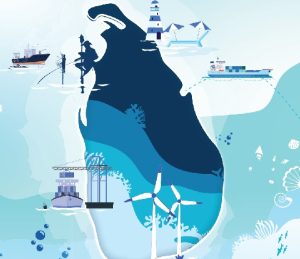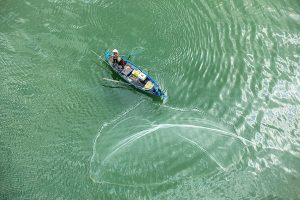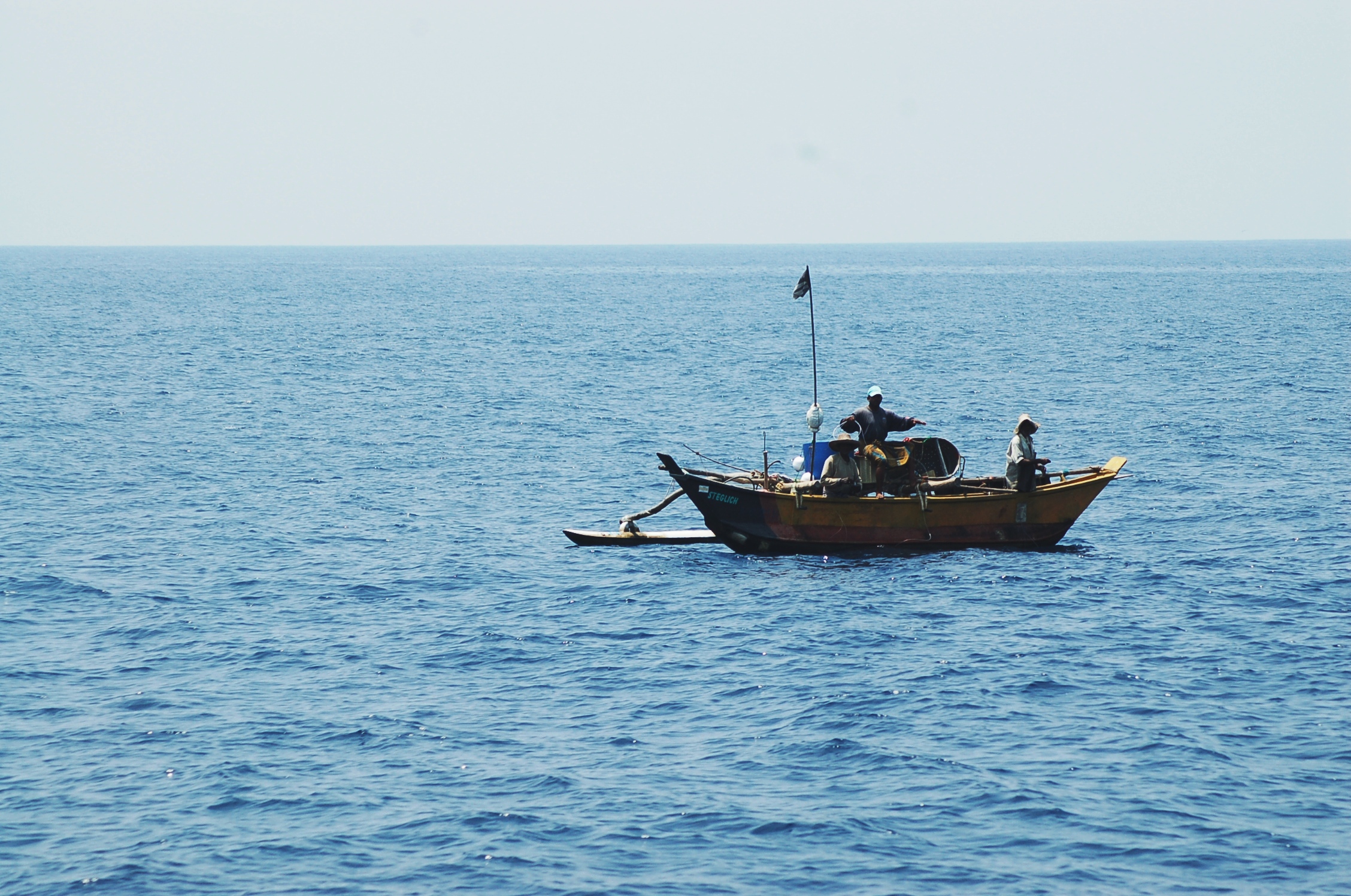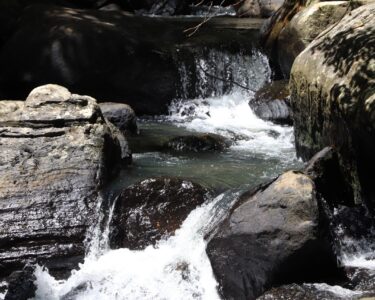Sri Lanka holds immense potential to develop a thriving “Blue Economy,” according to a joint study by the Kadirgamar Institute of International Relations and Strategic Studies and the United Nations Development Programme (UNDP). The report highlights untapped opportunities in sectors like fisheries, tourism, and shipping while emphasizing the need for sustainable practices to balance economic growth with environmental protection.

Untapped Ocean Frontier: Sri Lanka boasts a vast maritime area encompassing 1,640 km of coastline, the Exclusive Economic Zone, and historic waters. This rich marine space, crucial for 32% of the population and contributing significantly to industrial output, tourism, and fish production, offers a wealth of potential for future development.
Harnessing Maritime Advantages: The island nation’s strategic location in the Indian Ocean and proximity to key shipping routes presents significant opportunities for the port industry. The report estimates that with careful planning and investment, the sector could double its contribution to GDP from 2.5% to 6% by 2030.
Fisheries and Beyond: The fisheries sector, currently contributing 1.4% to GDP, holds further potential for sustainable growth through technological advancements and infrastructure improvements. Similarly, the tourism industry, already a major contributor at 8% of GDP, can evolve under the Blue Economy model, embracing sustainable coastal tourism practices.
Diversifying the Blue Portfolio: Sri Lanka is encouraged to explore emerging sectors like aquaculture, energy, biotechnology, and mineral industries to build a diverse and resilient Blue Economy portfolio.
Conservation and Economic Alignment: The Blue Economy approach aligns with Sri Lanka’s commitment to protecting 30% of its land and ocean by 2030 and its upcoming chairmanship of the Indian Ocean Rim Association (IORA).
Policy Frameworks and Investments: Establishing a robust Blue Economy policy framework and attracting investments are crucial for harnessing the potential of this emerging sector.
Global Benefits and Investment Opportunities: The report highlights the significant economic returns associated with investing in the Blue Economy, with studies suggesting a five-fold global benefit over 30 years for every dollar invested. Opportunities exist in sustainable aquaculture, fisheries, energy-efficient post-harvest production, and new ventures like cellular manufactured seafood.

Learning from Neighbors: UNDP’s experience in Vietnam, where a Blue Economy Scenarios exercise revealed the positive economic and environmental potential of the approach, serves as a valuable example for Sri Lanka.
Moving Beyond Revenue: Recognizing the non-revenue-generating benefits of environmental conservation is critical for motivating low- and middle-income countries like Sri Lanka to prioritize sustainable development. Multilateral organizations can play a vital role in helping nations internalize the indirect economic benefits of ocean conservation.
Sri Lanka’s journey towards a thriving Blue Economy holds immense promise for creating sustainable jobs, boosting economic growth, and safeguarding the island nation’s precious marine resources for future generations. By embracing the Blue Economy principles and implementing well-crafted policies, Sri Lanka can unlock a bright future for its people and its ocean.







